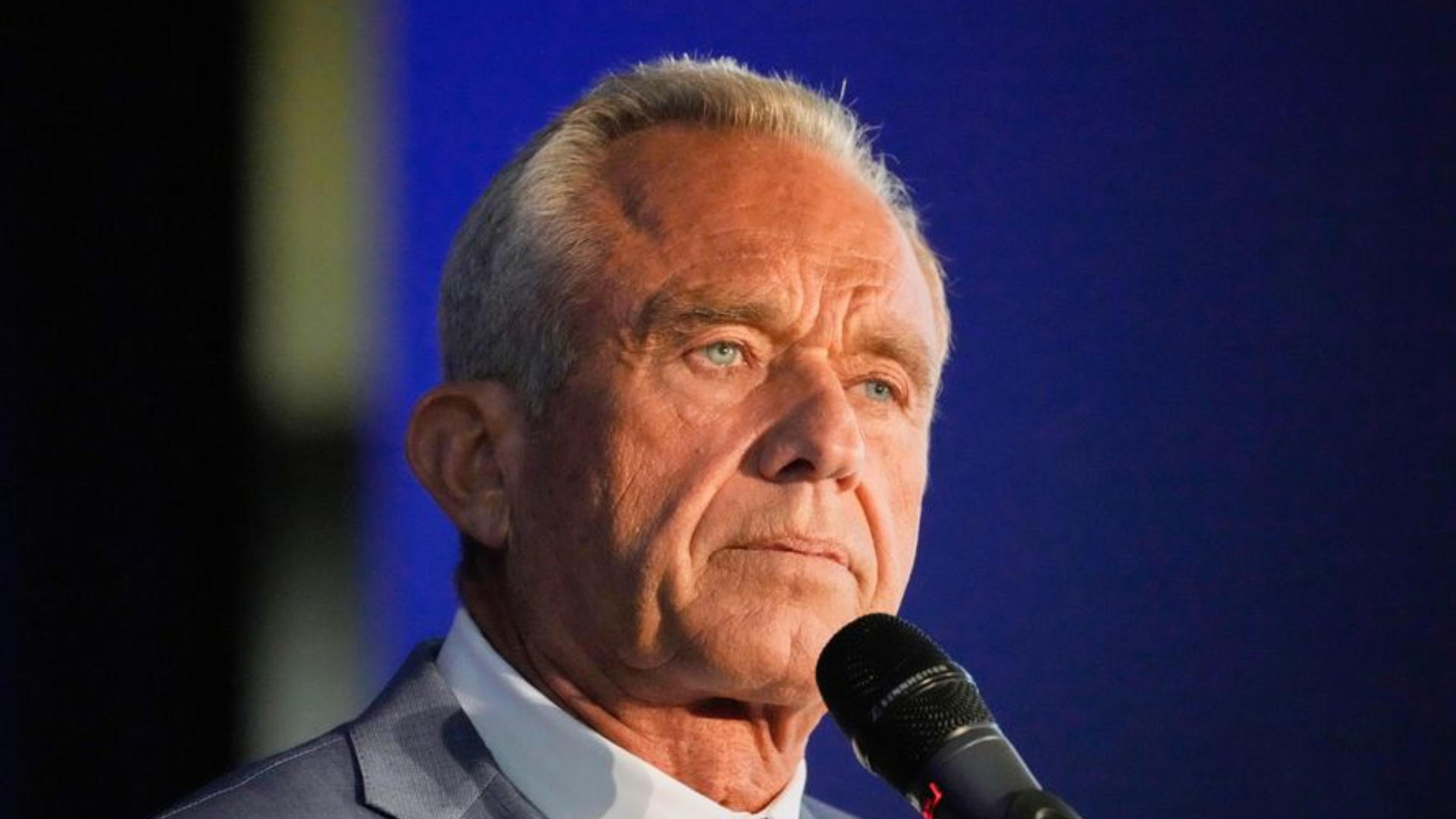Steve Burns
WMAL.com
WASHINGTON – (WMAL) The problems keep piling on for Metro.
Less than a week after General Manager Paul Wiedefeld announced his Safe Track program, squeezing three years’ worth of track maintenance into one year with long stretches of single tracking and closures, WMATA now says the plan will need to be altered thanks to directives from the Federal Transit Administration, urging “urgent” repairs on three sections of track before Safe Track is set to begin next month.
Those track sections include Medical Center to Van Ness on the Red Line, Potomac Avenue to the D&G Junction where Orange splits from Blue/Silver, and Ballston-MU to East Falls Church on the Orange/Silver lines. The FTA in a previous directive asked Metro to find ways to use less electricity, including slowing down acceleration speeds in the core of the system, which Metro said Wednesday it will implement.
Metro, in a statement subtly critical of the FTA, said “While the draft SafeTrack plan issued by Metro GM Wiedefeld last week was based on the professional judgement of engineers with a priority on safety, the FTA has directed Metro to make changes. As such, the draft plan will be modified. The final SafeTrack plan will be released as soon as possible, but likely will not be ready by the original target date of May 16.”
Metro may be paying more attention to FTA’s directives following a statement from Transportation Secretary Anthony Foxx this week, in which he claimed he thought about shutting down the system last week and may still do so if safety problems aren’t fixed.
“If the Secretary believes it’s unsafe, we have communication with him and are able to verify that, no problem,” Board Chair Jack Evans said Wednesday. Evans reiterated he does not think a full shutdown is necessary, and questioned whether Foxx has the authority to shut the system on his own.
Metro’s board of Directors today is set to hear an update from its Safety Committee regarding the FTA’s latest directives, as well as vote on a proposal to allow Wiedefeled the authority to alter the system’s fare structure in the event of large scale operational changes, like last January’s limited post-blizzard service.
It has not been an easy week for Metro operationally, as they have dealt with problems at the D&G Junction all week. Outside of the usual spate of train breakdowns and brake problems, trains have also been single-tracking on the Red Line in Montgomery County as a work “surge” there occurs. Wiedefeld also held a closed-door meeting with all 650 managers this week reiterating safety as the top priority. Evans echoed the sentiment.
“People need to step up. This is the time,” he said Wednesday. “I’ve found in my long career, that people generally do. There’s always somebody who doesn’t, and that person needs to go. But for the most part, people respond to leadership.”
Evans spent part of his Wednesday repeating a speech that has become second hand to him, giving a rundown of the system’s financial woes and the need for more money from the jurisdictions representing Metro’s compact, as well as the federal government, which Evans said “owes it to (Metro).”
“This is the tenth time I’ve given this speech. Many people in there have heard it twice before,” Evans said of his Metropolitan Washington Council of Governments audience. “I come out of these meetings sometimes shrugging, like ‘did they hear me? Did they listen to me? Do they understand what I’m saying?’ Or are they going ‘Well, Jack’s just overreacting. It’ll be okay.’ It’s not. We have to address this.”
Council of Governments Chairman Roger Berliner, a Montgomery County Councilmember, said COG will be taking concrete steps toward establishing a dedicated funding source, something Evans said is needed to keep Metro viable.
“We’re really not that far away,” Berliner said. “I think what will be happening next is meeting with our Chief Financial Officers of the relevant jurisdictions and seeing what advice and counsel they have.” He said another group will work on a “political strategy.”
“People didn’t want to make the hard decisions. The General Manager didn’t want to make the hard decisions. The Board didn’t want to make the hard decisions,” Berliner said. “And now all we have left is hard decisions.”
Copyright 2016 by WMAL.com. All Rights Reserved. (PHOTO: WMATA/youtube)





















